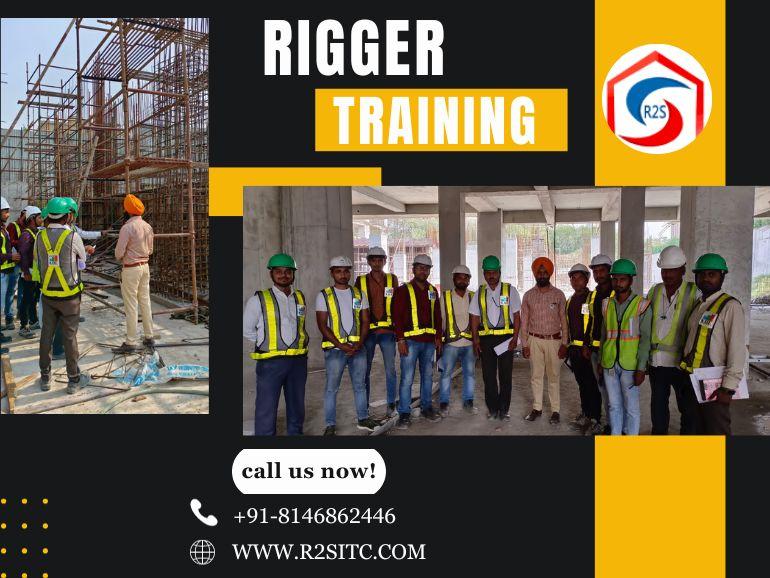Introduction
Rigger Training play a pivotal role in ensuring the safety and efficiency of operations. Rigging is not just about connecting ropes and cables; it’s a highly specialized skill that demands precision, knowledge, and practical expertise.In this blog post, we will explore the top skills that every rigger should strive to master during their training journey.
1. Understanding Load Dynamics
A fundamental skill that every aspiring rigger must master is a deep understanding of load dynamics. This involves comprehending the principles of force, weight distribution, and load-bearing capacities. A solid grasp of load dynamics is crucial for ensuring that rigging equipment and techniques are used safely and effectively.
2. Knot Tying and Secure Fastening
Riggers often work with ropes and cables, making knot tying and secure fastening techniques indispensable. Training programs should cover various types of knots and their applications, from basic knots like the square knot and bowline to more specialized knots used in specific rigging situations.
3. Equipment Selection and Inspection
Riggers must be proficient in selecting the right equipment for the job and conducting thorough equipment inspections.Rigging training should include instruction on how to inspect equipment for wear, damage, and proper functionality to prevent accidents due to equipment failure.
4. Communication
Effective communication is critical for safety on a construction site. Rigging professionals must be able to communicate clearly and efficiently with crane operators, signalpersons, and other team members. They should learn standard hand signals and communication protocols to ensure that everyone is on the same page during lifting operations.
5. Rigging Plan Development
Creating a rigging plan is an essential skill for riggers. This involves strategizing the entire lifting operation, from equipment selection and placement to load calculations and communication procedures. Rigging plans are essential for minimizing risks and ensuring the successful completion of complex lifts.
6. structural Awareness and Depth Perception
An often-overlooked skill in rigging is structural awareness and depth perception. Riggers must have a strong sense of how loads move in three-dimensional space, as well as the ability to judge distances accurately. This skill is particularly important when guiding loads through tight spaces or around obstacles.
7. Problem Solving and Adaptability
Rigging often presents unexpected challenges that require quick thinking and problem-solving skills. Riggers must be adaptable and capable of making on-the-spot decisions to ensure the safety and success of a lift.
8. Continuous Learning and Training
Lastly, an essential skill that every rigger should cultivate is the commitment to continuous learning and training. The field of rigging is constantly evolving, with new equipment and techniques emerging regularly. Rigging professionals should stay updated on industry developments and seek opportunities for ongoing education and certification.
Conclusion
Mastering these top skills during rigger training is essential for anyone aspiring to excel in this demanding profession. Rigging is not just a job; it’s a responsibility that directly impacts the safety of personnel and the success of construction projects.
R2SITC in Hoshiarpur, Punjab, we understand the importance of comprehensive rigger training. Our programs are designed to equip individuals with the knowledge and skills they need to become competent riggers, ensuring that every lift is executed safely and efficiently.
Nebosh Training
In addition to rigger training, safety training in related fields is also crucial. One such field is occupational safety and health, and the National Examination Board in Occupational Safety and Health (NEBOSH) offers internationally recognized certifications in this area. NEBOSH training provides professionals with the knowledge and skills needed to identify and manage workplace hazards effectively. At R2SITC, we believe in a holistic approach to safety, and we offer NEBOSH training programs to complement our rigger training, ensuring that individuals are not only skilled riggers but also knowledgeable about overall workplace safety.
Remember, rigging is a profession where the stakes are high, and safety is paramount. By mastering these essential skills and staying committed to ongoing learning, riggers can help ensure that every job site remains accident-free and that heavy lifting operations are carried out with precision and care.


